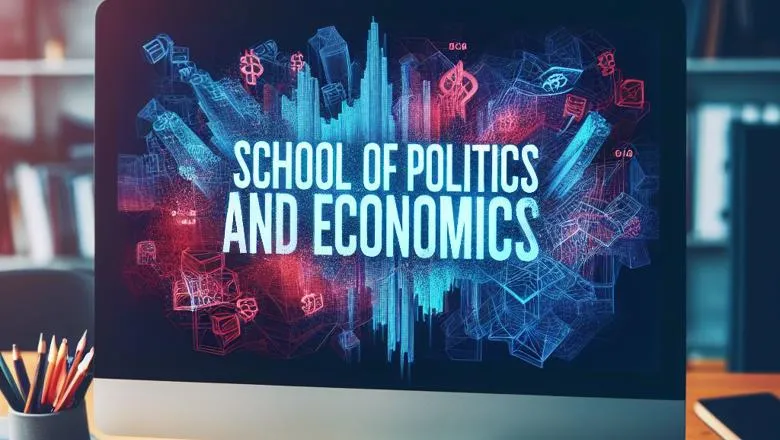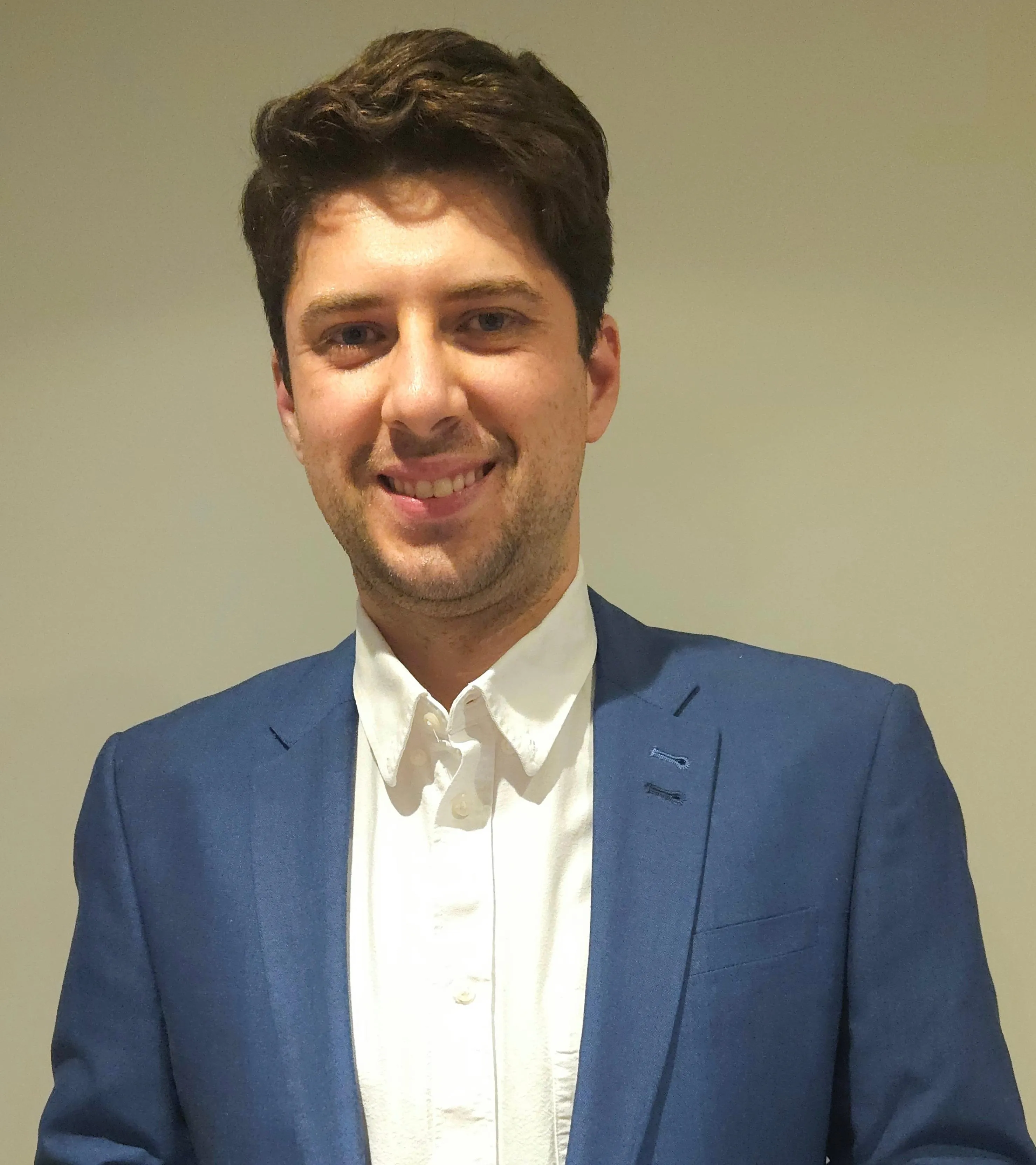05 August 2024
King's alum reflects on 'joy, relief and gratitude' after passing PhD
To mark the completion of his PhD, we caught up with alum Daniel Alves to hear more about the inspiration behind his research, get an overview of the findings and find out about his plans for the future.

Daniel, who joined the Department of Political Economy in 2020, successfully defended his thesis following a rigorous examination from a panel of academics (known as a viva voce), in July.
His doctoral research, entitled Essays on the Politics of Equity-Enhancing Reforms in Brazil, was supervised by Dr Julian Limberg and Dr Hanna Kleider.

What was your doctoral research about and why did you chose that subject?
My thesis’ motivating questions were: how do equity-enhancing reforms emerge, and what political mechanisms may enable their success? To tackle these questions, I studied my home country, Brazil, one of the few cases in the world where inequality levels have declined in past decades. More specifically, I analysed how six consequential redistributive policies were approved in Brazil’s Congress between the 1990s and 2010s despite negative expectations that existing veto points in the political system would have prevented these types of structural changes from materialising.
I chose to research the topic of the politics of inequality for two reasons. Academically, I’m deeply interested in long-standing, big social science questions about the relationship between democracy and economic equality. Personally, growing up in Brazil, I was constantly exposed to absurdly high inequalities. Despite important recent progress in this area, as mentioned before, the country remains among the world’s most unequal. My hope with this research project is that by learning more about which mechanisms may have enabled positive socioeconomic outcomes, we will become better equipped to continue working on what remains to be done.
What, broadly speaking, were the conclusions of your research and what might they mean for the future?
There are two main conclusions. First, given that cross-party cooperation appeared in the data I collected as a relevant enabler of inequality-reducing reforms in Brazil, rising political polarisation can, in turn, be a potential blocker of socioeconomic progress if it makes cooperative agreements less likely. Indeed, key Brazilian social indicators have stagnated or even regressed since around 2014, at the same time that political tensions have increased in the country. To this point, a long period of conflictual political relations in Argentina might be a factor behind the deteriorating welfare conditions there. Second, I would argue that Brazil’s case in the first three decades after re-democratisation in 1985 shows competitive elections as another enabling mechanism for greater economic equalisation. In this sense, the recently observed democratic erosion in Brazil is concerning and could contribute to undoing the achievements of the past decades. For example, the collapse of living standards in Venezuela during the Hugo Chávez and Nicolás Maduro governments may be underpinned by ongoing authocratisation and growing policy unresponsiveness.
What research methods did you use and what sort of data?
I adopted a qualitative methodological approach to investigate how politics affects economic outcomes. Brazil is a crucial case for understanding the politics of inequality in Latin America, and by analysing six consequential equity-enhancing initiatives, touching three decades, I take advantage of within-case variation to check the relevance of different theoretical predictions across time and issue areas. I gathered evidence from interviews, Congress archives, newspaper pieces, and secondary literature. I analysed the data using content analysis and thematic coding techniques. After coding several documents and transcriptions, I constructed analytic narratives showing which hypothesised mechanisms would be more relevant in enabling each policy case’s success.
How does it feel to have passed?
The first days after the Viva were a bit weird as I couldn’t fully realise that I had finally passed my PhD. I felt a mixture of joy, relief, and gratitude to so many people who helped along the way. But, I soon caught myself thinking about what the future may hold for me as the job market in academia is super competitive.
What are your plans for the future?
I have been fortunate to have secured some teaching and research assistant positions for the upcoming academic year. Also, I continue working on my doctoral project to publish the chapters that are still in the stages of revise and re-submit or under review in academic journals and to expand the application of the thesis’ theoretical framework to new cases.

